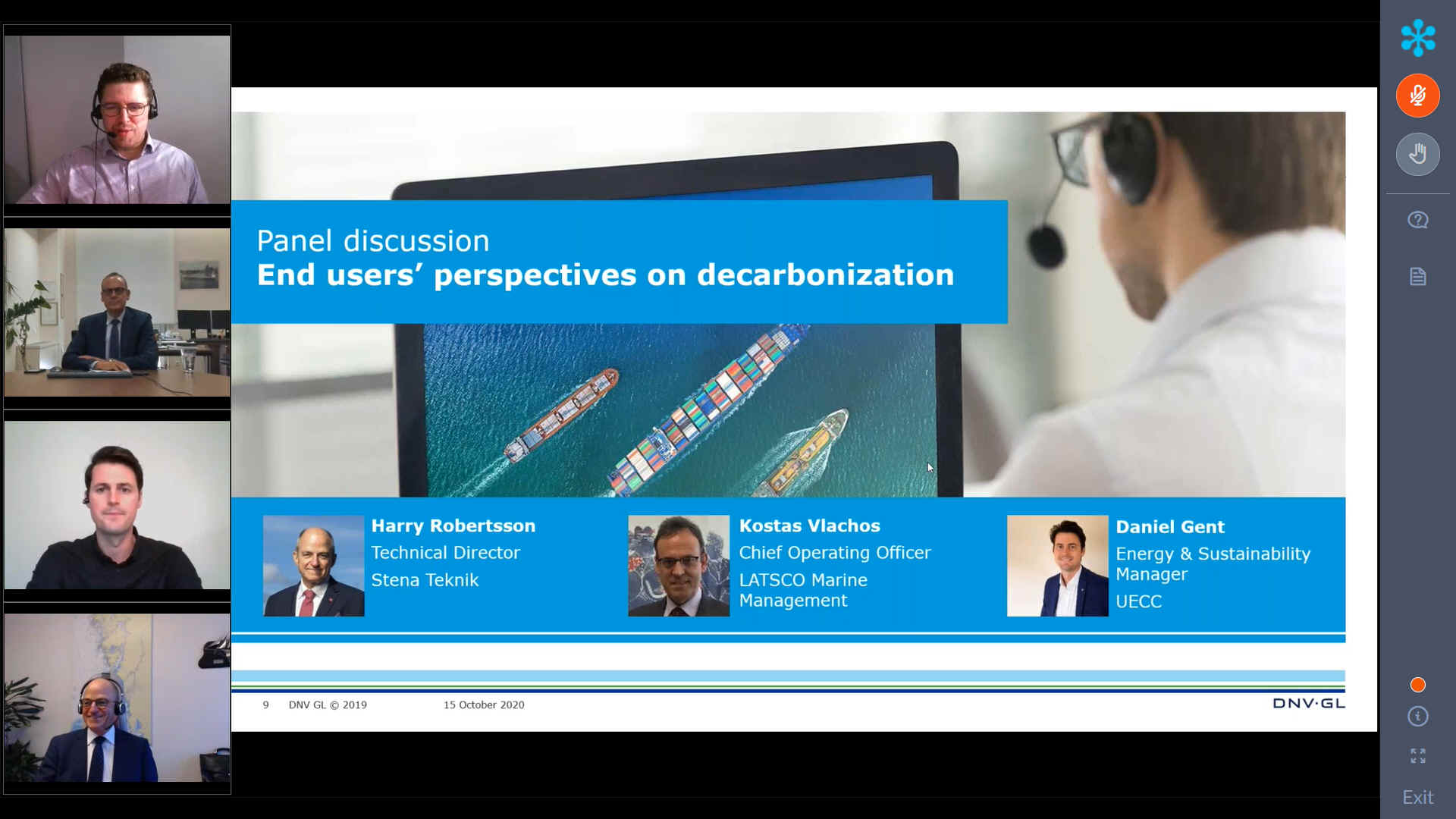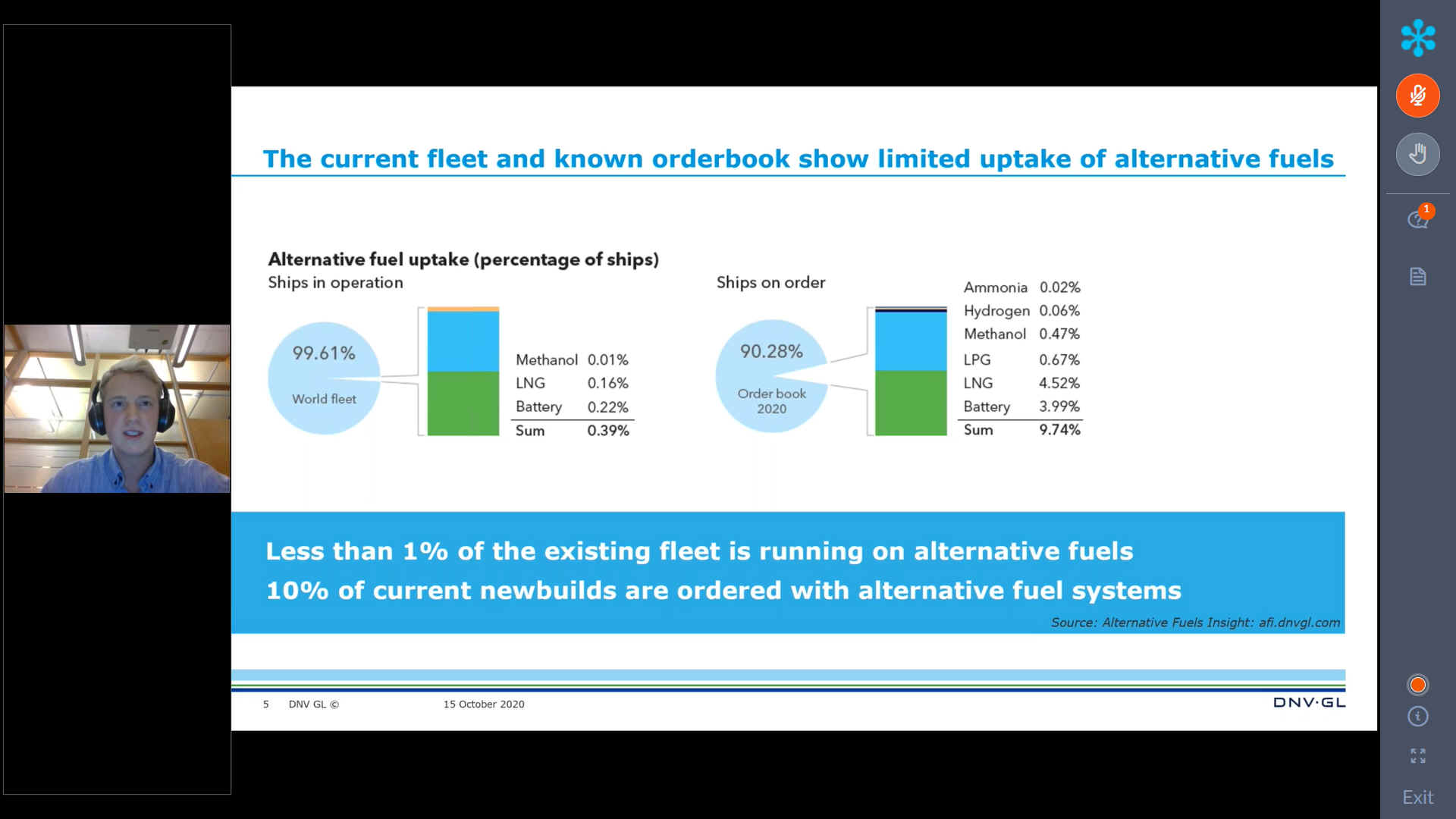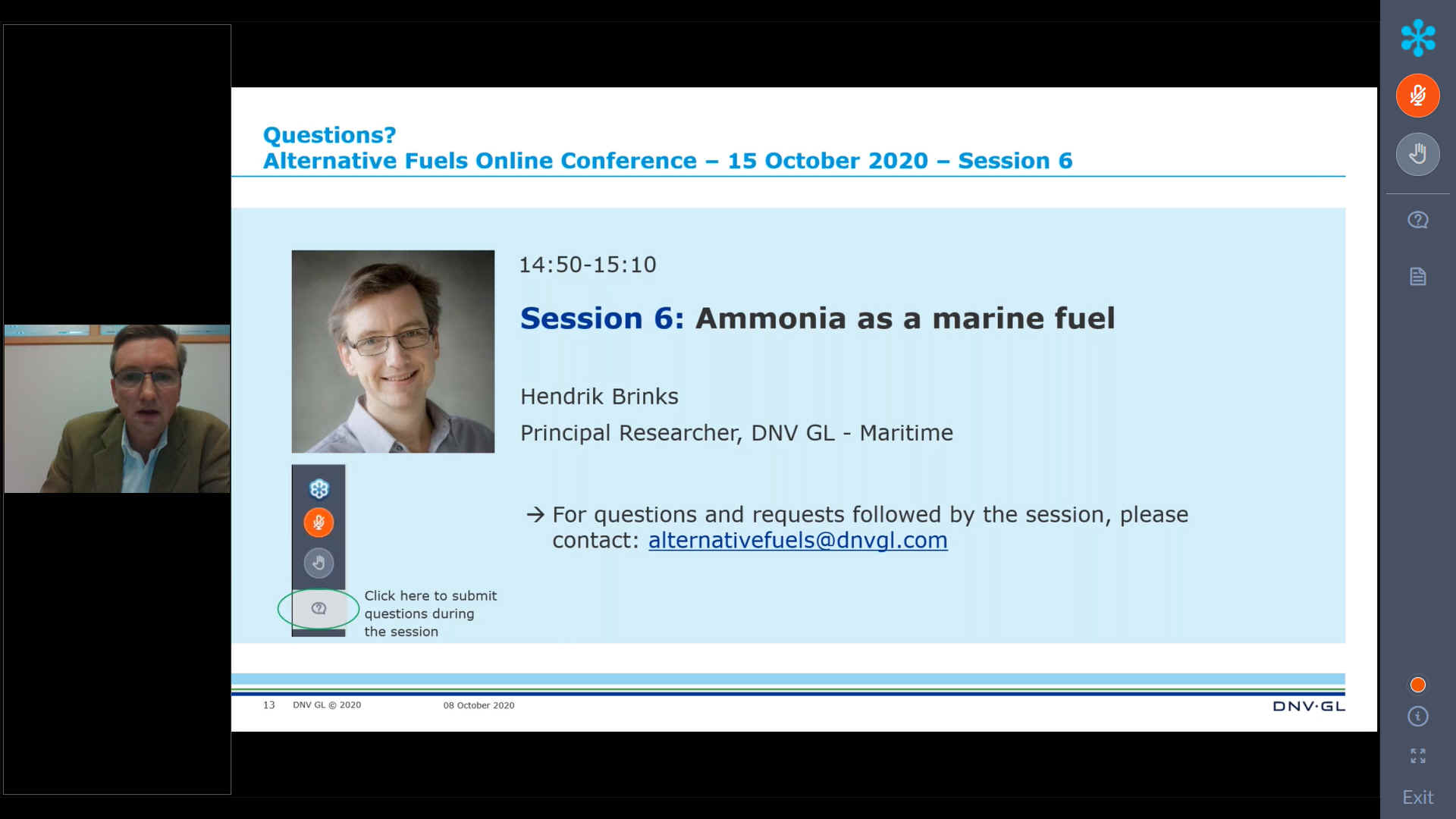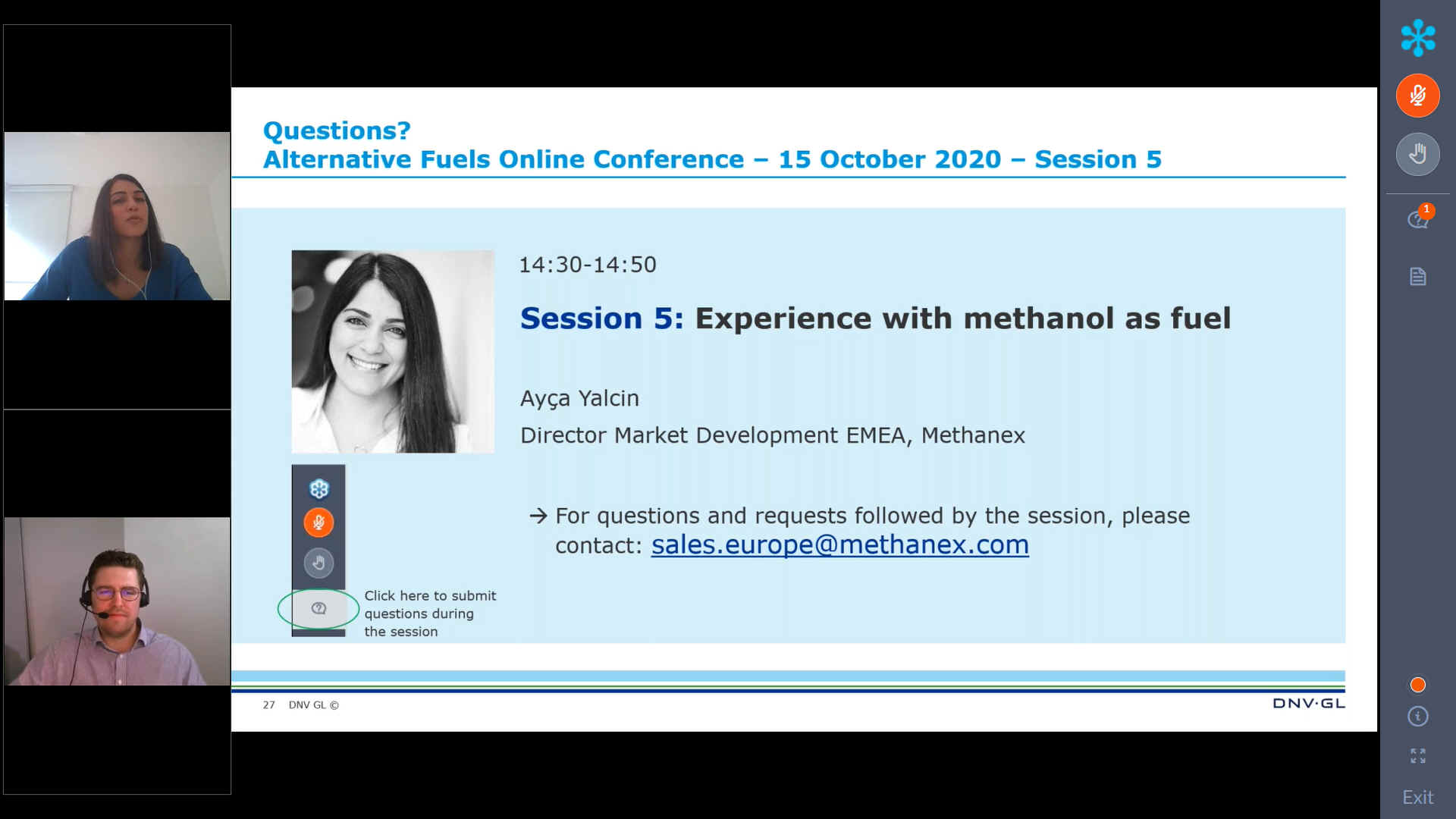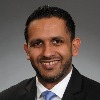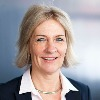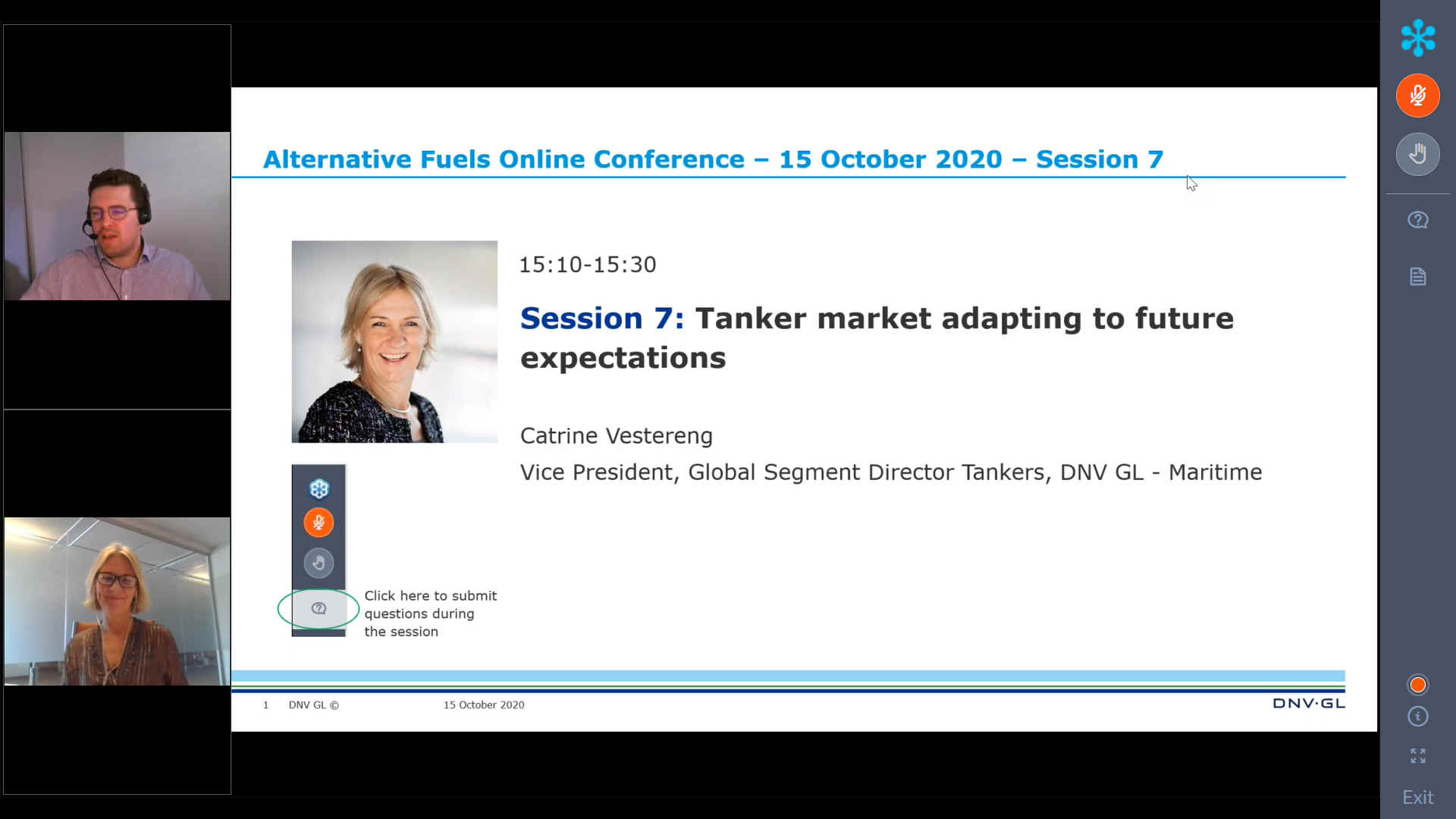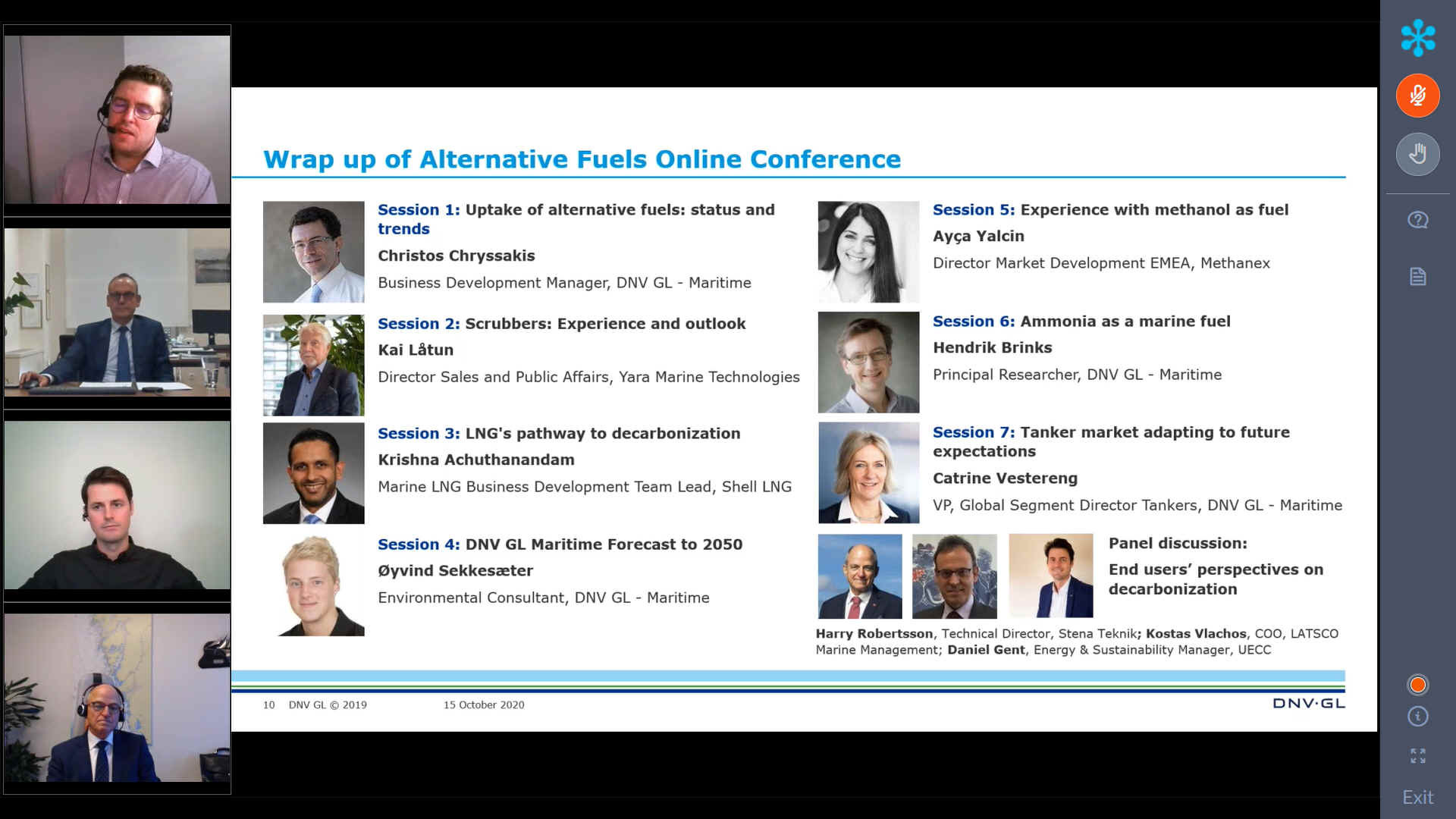|
DNV-GL
Please use our A-Z INDEX to navigate this site or return HOME
|
||||||||||||||||||||||||||||||||||||||||||||||||||||||||||||||||||||||||
ALTERNATIVE FUELS CONFERENCE 15 OCTOBER 2020
This was an interesting 3 hour long Webinar, attended by our special projects manager, where presentations were provided very capably by experts in their own field, talking about LNG, exhaust scrubbers, methanol and ammonia as alternative fuels - that at the moment are relatively expensive, but hold the potential to clean up the cargo fleet to at least 30% zero carbon - maybe even by the allotted date.
Some speakers touched base on green hydrogen and fuel cells, but unsurprisingly, just skimmed the surface. Nevertheless, the signs are encouraging.
The big question mark posed to all contributors, being will fleet operators be able to react quickly enough given the confusion, to satisfy the demand for reduced emissions before 2030 and zero emissions by 2050.
We heard from a panel of operators, who almost to a man, agreed that based on the current speed of development, internal combustion engines would still be in use well after the 2050 target imposed by the IMO, presumably as conversions to existing diesels. There will be no stampede to electric propulsion as one might have imagined.
It was clear that while the IMO have set targets, there is no clear strategy as to how to achieve them. One suggestion was a ban, as a brick wall stopper. Not a bad idea, if you really want to put the cat amongst the pigeons.
Øyvind Sekkesæter explained that the take-up of alternative fuels was less than 1%, with batteries being the favorite option.
The Foundation suggested a scrappage mitigation scheme, writing to the IMO in August of 2019, to try to get that on the political agenda. But nothing positive came back from Kitack Lim, and we don't honestly expect that the IMO will respond enthusiastically, if asked to push fleet operators into a corner, where it is anticipated that without a strategy on the table, the IMO are operating almost completely in the dark technology wise, simply setting targets and hoping for a miracle as the technologies fight it out amongst themselves.
This Session was delivered by Hendrik Brinks. What was clear as a result of the presentation, was that ammonia is expensive and requires special handling and storage.
Don't get too upset by this, the British Government have the same problem with greening land transport. At the time of writing the UK do not have an Energy Committee, in either the Lords or Commons - and they don't have an integrated energy strategy either.
Meaning, that politicians and policy makers generally don't have a vision for the future - if you take these two examples as a guide - not of course representative or definitive. But looking in the backyard is a good place to start.
In fact, many politicians would not be reacting now except for the likes of Greta Thunberg and Extinction Rebellion staging mass protests, so putting climate change on the political radar - such that warming of the planet and the mass extinctions of species humans are responsible for, was difficult to avoid. But let us not be too harsh. Nobody budges unless they have to. Change is difficult for everyone.
What is exciting, is that a large society like DNV-GL are exploring the boundaries, presumably in the quest for the best way forward, where there are so many variables at the moment. We found this to be very helpful and informative.
It is our belief (Foundation) that it will all come down to cost in the short term, because all businesses succeed by making a profit. That is the driving force, followed by quality of service, if for example that is necessary to drive profits up.
Companies also need to comply with regulations. If the regulations allow them to escape higher cost alternatives, then they will take the low road.
Ayça Yalcin gave an enthusiastic delivery, spelling out the market position and where methanol played a part in decarbonising the merchant fleet.
AGENDA
Tomas Barrett, Global Head of Corporate Communication, DNV GL - Maritime
SPEAKERS & PANELISTS
CONTACTS
DNV GL Vivo Building 30 Stamford Street South Bank London SE1 9LQ United Kingdom www.dnvgl.com
Catrine Vestereng delivered an interesting Session 7 on tankers, touching on design optimization in relation to carbon and more.
ABS - AMERICAN BUREAU OF SHIPPING
Please use our A-Z INDEX to navigate this site
|
||||||||||||||||||||||||||||||||||||||||||||||||||||||||||||||||||||||||
|
This website is Copyright © 2020 Jameson Hunter Ltd
|
